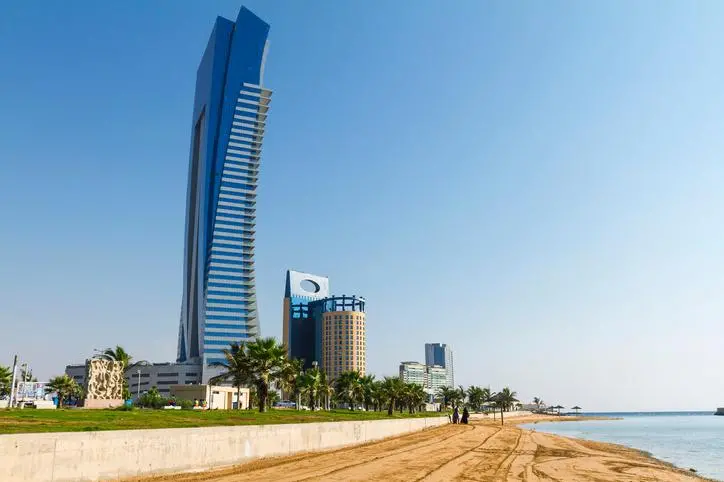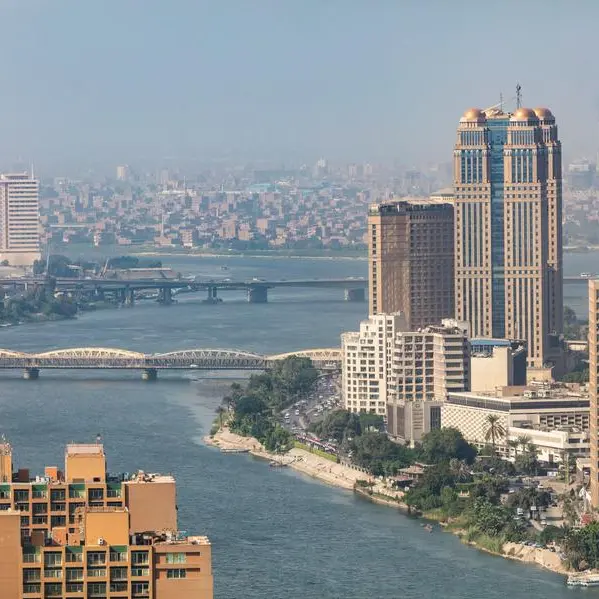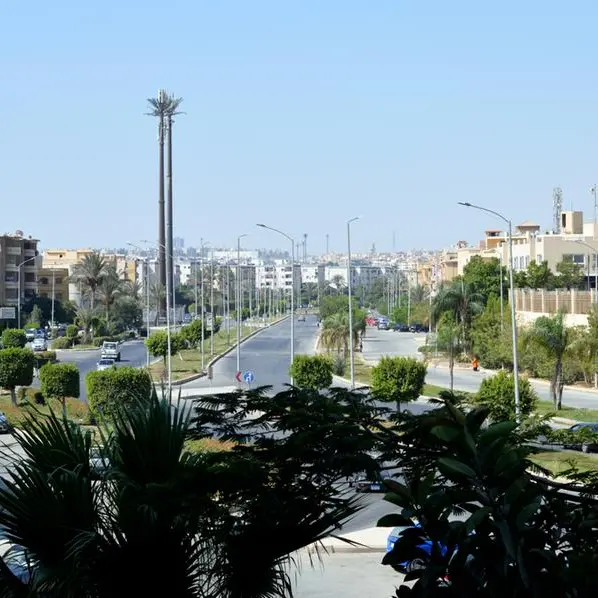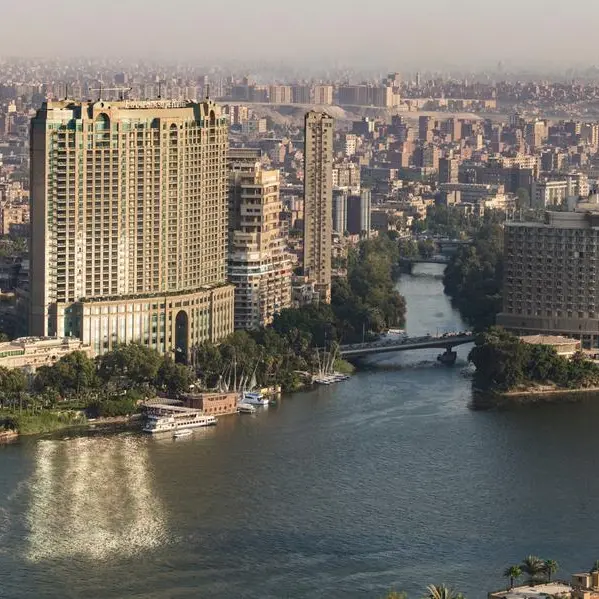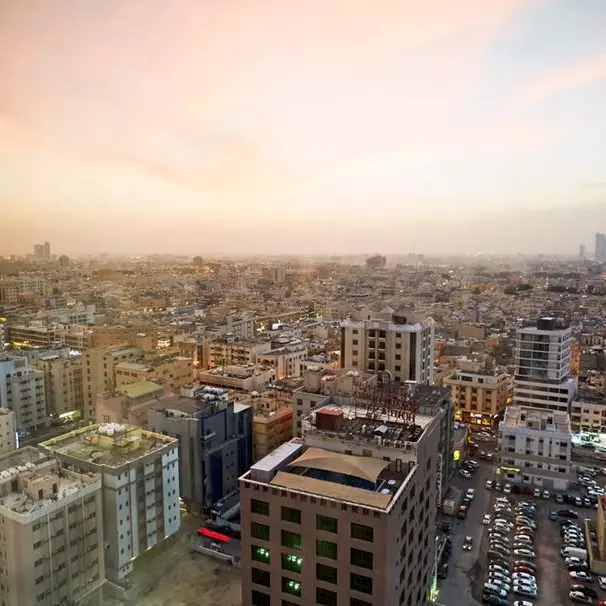PHOTO
Saudi Arabia's austerity measures to boost the state finances pulverised by the coronavirus pandemic and low oil prices, is expected to offset a portion of this year's revenue loss, but it will reduce consumption and add to the negative economic impact.
The world's largest oil exporter tripled its value-added tax rate to 15 percent from 5 percent in July and suspended the cost of living allowances for state workers as of June 1.
“The new fiscal austerity package announced by the Government of Saudi Arabia (A1, negative) will help offset a portion of this year’s revenue loss caused by the sharp decline in oil prices and lower oil production," said Alex Perjessy, a Moody’s vice president.
The oil rich kingdom announced measures after the kingdom posted a $9 billion budget deficit in the first quarter of 2020.
According to the Finance Minister Mohammed al-Jadaan, cuts to government programs, including Crown Prince Mohammed bin Salman’s Vision 2030 agenda to reshape the kingdom’s oil-dependent economy, will yield some 100 billion riyals ($26.6 billion) in savings.
The new measures are expected to make up the difference between lower revenues and higher spending to offset the business impacts due to the coronavirus, wage support for workers and deferring loans for companies.
"These measures are painful but necessary to maintain financial and economic stability over the medium to long term...and to overcome the unprecedented coronavirus crisis with the least damage possible,” Finance Minister Mohammed al-Jadaan said in a statement.
Moody's said the new measures point out to the government’s capacity to adjust to shocks. The new spending cuts, together with those already announced in March and those approved in the 2020 budget, are equivalent to nearly 8 percent of GDP.
"The decision to triple the value-added tax rate to 15 percent could generate up to 5 percent of GDP in extra revenue annually. In the near term, the VAT hike will likely dampen consumption substantially, adding to the negative economic impact of the fall in oil prices and measures taken to contain the epidemic,” Perjessy said.
As of Tuesday morning, Saudi Arabia has reported 41,014 confirmed coronavirus cases and 255 deaths.
"Tripling the VAT will test the limits of the balance between revenues and consumption as the economy dives into a deep recession. The move will impact consumption and could also lower the expected revenues," Reuters quoted John Sfakianakis, a Gulf expert at the University of Cambridge as saying.
“The cost of living allowance was a sign they were a bit wary of hitting households too hard. But now it seems they’ve realized that households have to share a bit more of the burden than they have before,” Wall Street Journal quoted Jason Tuvey, a London-based economist at Capital Economics as saying.
Saudi Arabia introduced a VAT in 2018, almost at the same time as its neighbour UAE. On Monday, UAE, the second largest Arab economy said it has no plans to raise its VAT.
Also, on Monday, Saudi announced a surprise move to cut its oil output to the lowest level in almost 20 years, as it tries to trigger a recovery from the slumping oil prices.
From June, the kingdom will add 1 million barrels per day (bpd) - equal to 1 percent of global supply - to the previously announced cuts.
(Writing by Seban Scaria, editing by Daniel Luiz)
#SAUDI #ECONOMY #CORONAVIRUS #OIL
Disclaimer: This article is provided for informational purposes only. The content does not provide tax, legal or investment advice or opinion regarding the suitability, value or profitability of any particular security, portfolio or investment strategy. Read our full disclaimer policy here.
© ZAWYA 2020
